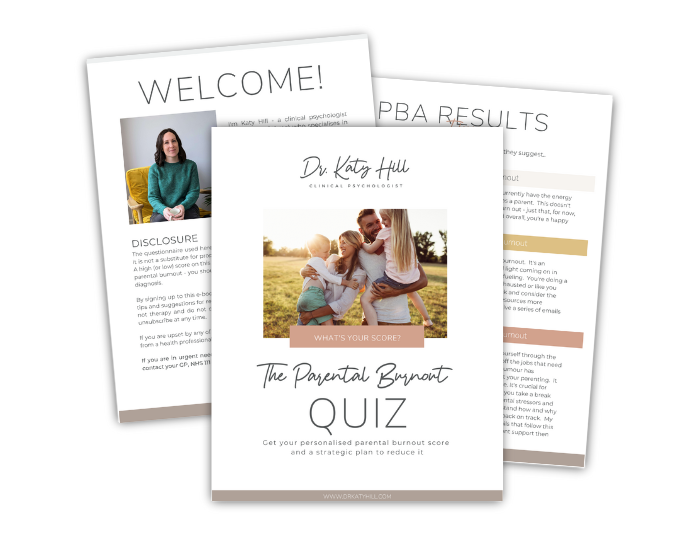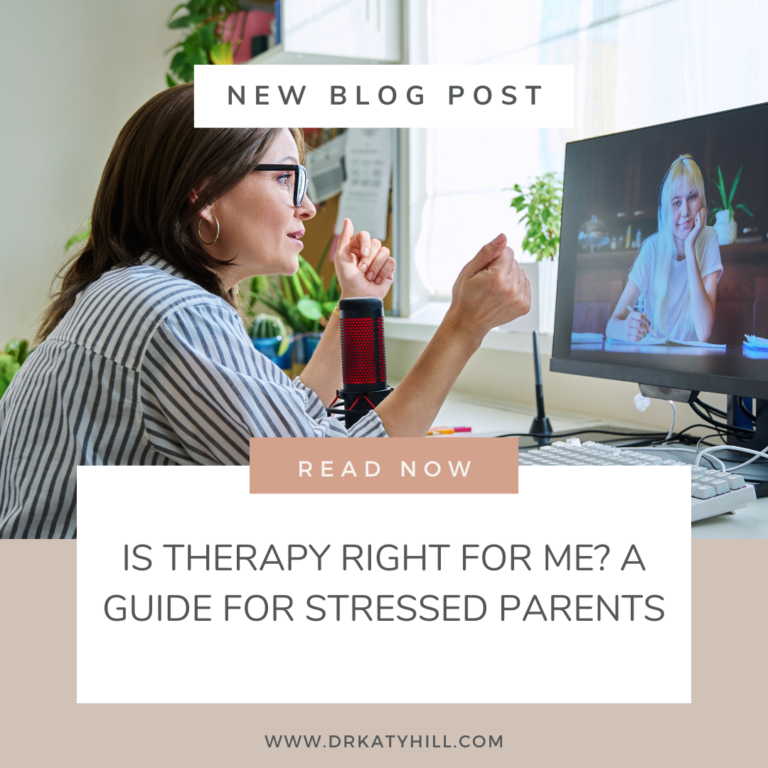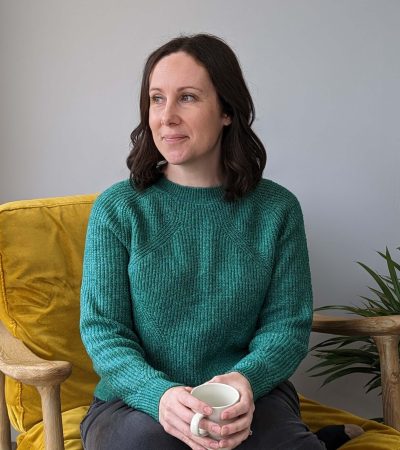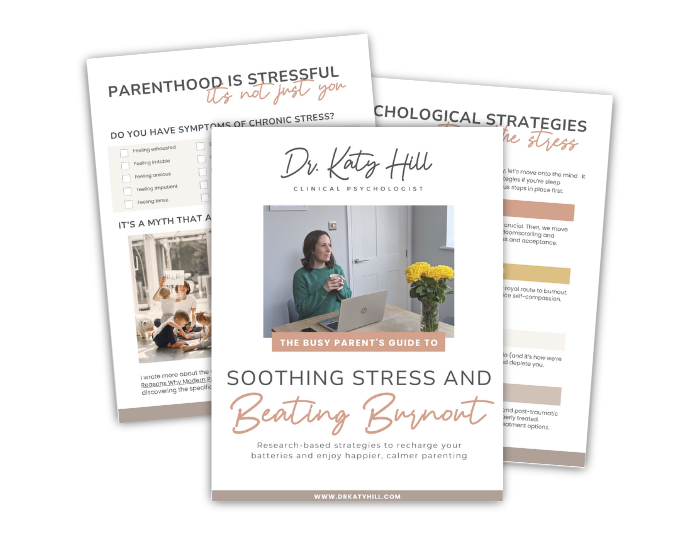If you’ve ever thought “Is therapy for me?” and wondered whether it could help you manage the emotional rollercoaster of parenthood but hesitated to reach out, you’re not alone.
You might think:
- I should be able to handle this on my own.
- I don’t have time for therapy – I can barely get through the day as it is.
- I should be spending money on my kids, not myself.
- What if therapy doesn’t help?
And so, you push through. You try harder. You put your own needs aside, again and again, hoping things will get easier.
But here’s the truth: You don’t have to reach breaking point before you deserve support The right therapy can be an invaluable investment of your time and money. And it isn’t about fixing you – it’s about helping you feel more in control, less reactive, and more present in your life and parenting. Something that would benefit not just you, but your whole family.
If you’re curious but unsure whether therapy is right for you, let’s break it down together.
what actually happens in therapy?
So, let’s say you do book a session. What can you expect? There are dozens of different types of therapy and ways that therapists work – I can’t speak for all therapists but let me explain how I work:
Step 1: The First Few Sessions (Assessment & Planning)
Therapy isn’t about aimless talking – we start by getting a clear picture of what’s going on and where you’d like to see change.
In the first couple of sessions, we’ll:
- Explore what’s been feeling hard for you.
- Identify the patterns that might be keeping you stuck.
- Create a personalised plan for therapy, so we know what we’re working towards.
You don’t need to have all the answers; that’s what we figure out together.
Step 2: Therapy Sessions – What We’ll Work On
Therapy isn’t just about talking – it’s about learning practical tools to help you feel calmer, more in control, and less reactive.
Different clients need different things, but here’s some common things we might work on:
- Managing emotional reactivity – Helping you pause before snapping, so you can respond rather than react.
- Breaking free from overthinking – Teaching your brain to stop the endless loop of doubt and self-criticism.
- Letting go of perfectionism – Learning how to be kind to yourself instead of holding yourself to impossible standards.
- Building self-compassion – Because you wouldn’t speak to a friend the way you speak to yourself when you’re struggling.
- Learning to ask for, and accept, help – so you can share the parenting load and not feel it all depends on you.
- Figuring out what your own parenting values are and what works for your family – so you’re not constantly comparing yourself to other parents and feeling like you’re falling short.
I use Acceptance and Commitment Therapy (ACT), Compassion-Focused Therapy (CFT) and specialist training in parental burnout assessment and treatment – all practical, evidence-based approaches that give you real-world strategies, not just insight.
Let’s work through some of the most common queries and worries parents have before starting therapy:
Do I really need therapy?
One of the biggest myths about therapy is that it’s only for people who are falling apart. But therapy isn’t just for crisis moments – it’s for anyone who feels stuck, overwhelmed, or emotionally exhausted and wants things to change.
If you’re
- Snapping at your kids more than you’d like, then feeling guilty about it.
- Constantly questioning whether you’re doing a ‘good enough’ job as a parent.
- Pushing through exhaustion because you don’t know how to slow down.
- Finding it hard to enjoy parenting because you’re so emotionally drained.
- Carrying around a heavy mix of guilt, self-doubt, and frustration that never seems to ease…
Then therapy can help. Not because you’re failing, but because there’s an easier way to do this and you don’t have to keep struggling alone.

The Parental Burnout Quiz
Curious what your own parental burnout score is? Download the free assessment and get your score – plus expert tips on how to reduce it.
I don't have time for therapy
I get it. You’re already juggling a million things – work, childcare, life admin, everything that needs to happen to keep your household running. Therapy can feel like one more thing to squeeze into an already packed schedule.
But here’s the thing: When you’re emotionally exhausted, everything else feels harder.
- You have less patience.
- You feel more overwhelmed by small things.
- You struggle to be present with your kids because your brain is constantly spinning with worry, guilt, and stress.
Therapy isn’t a time drain; it’s a way to stop running on empty and make life feel more manageable. And because I work online during school hours, sessions fit around your life – no commuting, no extra stress.
I Feel Guilty Spending Money on Myself
This one comes up a lot. Parents are used to putting themselves last – spending money on their children’s needs, their activities, their well-being. But when it comes to their own mental health, they hesitate.
But think about this: If your child was struggling, you wouldn’t hesitate to get them support. Why wouldn’t you do the same for yourself?
- You are the foundation of your family. When you’re constantly stressed, exhausted, and running on fumes, it affects everyone around you.
- Therapy isn’t indulgence; it’s self-maintenance. It helps you rebuild energy, patience, and emotional resilience, so you can show up as the parent you want to be.
You don’t have to keep pushing through burnout alone. You deserve care, too.
What If I Open the Floodgates and Can’t Stop?
I hear this a lot: I’ve been pushing forward for so long. What if I start talking about how I feel and completely break down?
If you’ve been keeping everything bottled up, the idea of facing your emotions head-on can feel terrifying. But therapy isn’t about ripping off a plaster and leaving you raw. We go at a pace that feels safe for you.
- You don’t have to share everything at once – we take it step by step.
- If emotions come up, I’ll help you process them in a way that feels manageable.
- Therapy isn’t about sitting in pain – it’s about moving through it so it doesn’t keep weighing you down.
You won’t be alone in this and we’ll take it at your pace.
What if I don't know what to say?
Many people worry about sitting in awkward silence or being put on the spot. But therapy isn’t an interview – you don’t have to have it all figured out.
I’ll guide the conversation, making sure it feels comfortable, structured, and useful. Some sessions might involve reflection, some might involve learning new tools, and others might focus on making small but powerful changes in your daily life.
No pressure, no judgment – just a space to work through things at your own pace.
are we going to dwell on my childhood and blame my parents?
I get it. You don’t want to spend months digging into childhood wounds if it’s not helpful. Some parents are worried that I’ll blame it all on their own parents too.
Therapy with me is action-oriented – we focus on what’s affecting you now and what will help you move forward. If looking at past experiences helps us understand a pattern, we’ll do that, but the focus is always on what’s useful for you today.
We might touch on what your parents could’ve done differently but I won’t be judging them either – parenting standards have massively changed in the last few years and I believe that all parents do the best that they can with what information, resources and support they have available.
Will i have to commit to months or years of therapy?
Not at all. Some people choose long-term therapy, but for most of my clients, 6–12 sessions is enough to create real change. We’ll work together to decide what fits your time, budget, and goals.
Therapy is flexible – you’re not signing up for an open-ended commitment. We’ll review progress as we go, and you can pause or stop therapy whenever you feel ready.
We might touch on what your parents could’ve done differently but I won’t be judging them either – parenting standards have massively changed in the last few years and I believe that all parents do the best that they can with what information, resources and support they have available.
Final Thoughts: Therapy Is an Investment in You (And That’s a Good Thing!)
You might have spent years pushing through stress and exhaustion, telling yourself to just try harder. But the truth is, you don’t have to do this alone.
- Therapy gives you the tools to handle stress, frustration, and guilt in a healthier way.
- It helps you feel calmer, more present, and more like yourself again.
- And when you take care of your own well-being, you show up as the parent (and person) you want to be.
If you’re curious about how therapy might help you, let’s chat. I offer a free 15-minute consultation so you can ask questions and see if it feels like the right fit.








